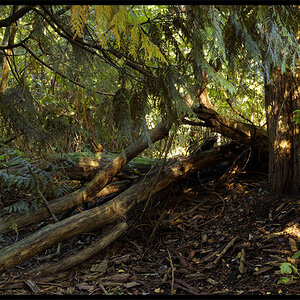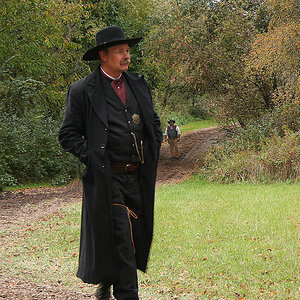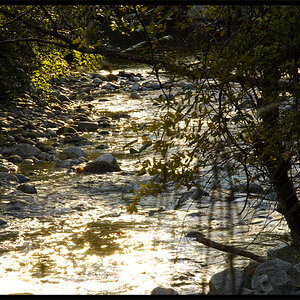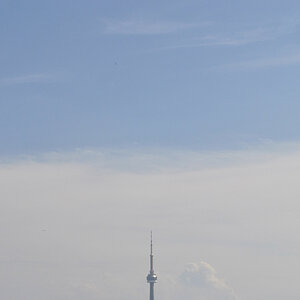- Joined
- Dec 11, 2006
- Messages
- 18,743
- Reaction score
- 8,047
- Location
- Mid-Atlantic US
- Website
- www.lewlortonphoto.com
- Can others edit my Photos
- Photos NOT OK to edit
I have lately been in a Muslim country where many potential subjects definitely don't want their photos taken because of a disputed passage in their scriptures.
Is Picture Taking Forbidden in Islam? | Synonym
What do you think about this?
Is Picture Taking Forbidden in Islam? | Synonym
What do you think about this?


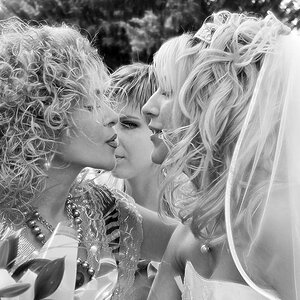

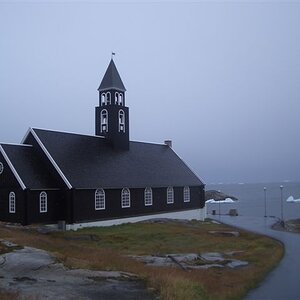


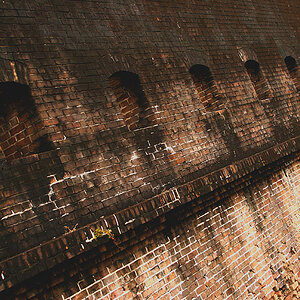
![[No title]](/data/xfmg/thumbnail/37/37111-64f64f2c8371420041bf39244ff12117.jpg?1619737882)

